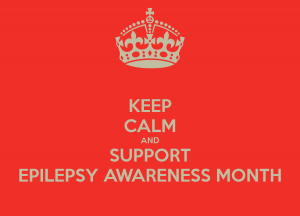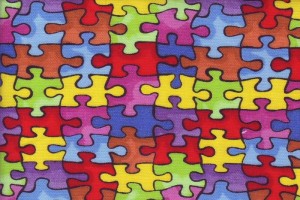
Epilepsy and autism show a remarkable degree of comorbidity and may share pathological mechanisms. Questions that have bogged down scientists about these disorders include: Does autism lead to an increase in epilepsy? Or does epilepsy alter the brain circuit, which then leads to autism?
Viji Santhakumar, an associate professor in the Department of Molecular, Cell and Systems Biology at the University of California, Riverside, in collaboration with Tracy Tran at Rutgers University have tackled these questions in a paper published in the journal Translational Psychiatry.
“One hypothesis is that during brain development, inhibitory neurons, which regulate brain rhythms, develop in an abnormal manner,” Santhakumar said. “If this is true, then how the brain circuit gets set up is abnormal, which may lead to both autism and epilepsy.”
Santhakumar and her team focused on inhibitory neurons in mice. She explained that unlike excitatory neurons that lead to a forward propagation of information, inhibitory neurons work like a brake by suppressing and sculpting the activity of downstream neurons.
The researchers generated mice with a global mutation in all cells that prevented the inhibitory neurons from migrating to their normal location in mature brain circuits. Not surprisingly, they found a reduction in inhibitory currents in the hippocampus, a region of the brain known for memory function. Notably, the mutant mice showed behavioral traits associated with autism and were more prone to seizures.
“We found fewer inhibitory neurons in the brain circuit,” Santhakumar said. “There may be a developmental abnormality in establishing inhibitory neuron circuits. If we can identify what the molecular pathways are, we may be able to intervene early and make sure the inhibitory circuit is maintained. How the circuit develops may play a key role in the co-occurrence of autism and epilepsy. Understanding these mechanisms may help develop more targeted cures.”
Results of the study suggest that a common underlying defect in circuit formation could contribute to both autism and epilepsy. The findings of the current study open the doors for future work to test whether mutations, when restricted to specific cell types and developmental periods, can help distinguish between the role of inhibitory neuron migration and maintenance of circuit connections in the development of autism or epilepsy.
Santhakumar was supported in this research by a grant from the New Jersey Governor’s Council for Medical Research and Treatment of Autism.
The research paper, on which Deepak Subramanian, an assistant project scientist at UC Riverside, shares lead authorship, is titled, “Reduced hippocampal inhibition and enhanced autism-epilepsy comorbidity in mice lacking neuropilin 2.”
Santhakumar, Tran, and Subramanian were joined in the study by Carol Eisenberg, Patryk Ziobro, Jack DeLucia, and Michael W. Shiflett of Rutgers University; and Milad Afrasiabi and Pamela R. Hirschberg of Rutgers New Jersey Medical School. Subramanian, Eisenberg, and Afrasiabi contributed equally to the study.

